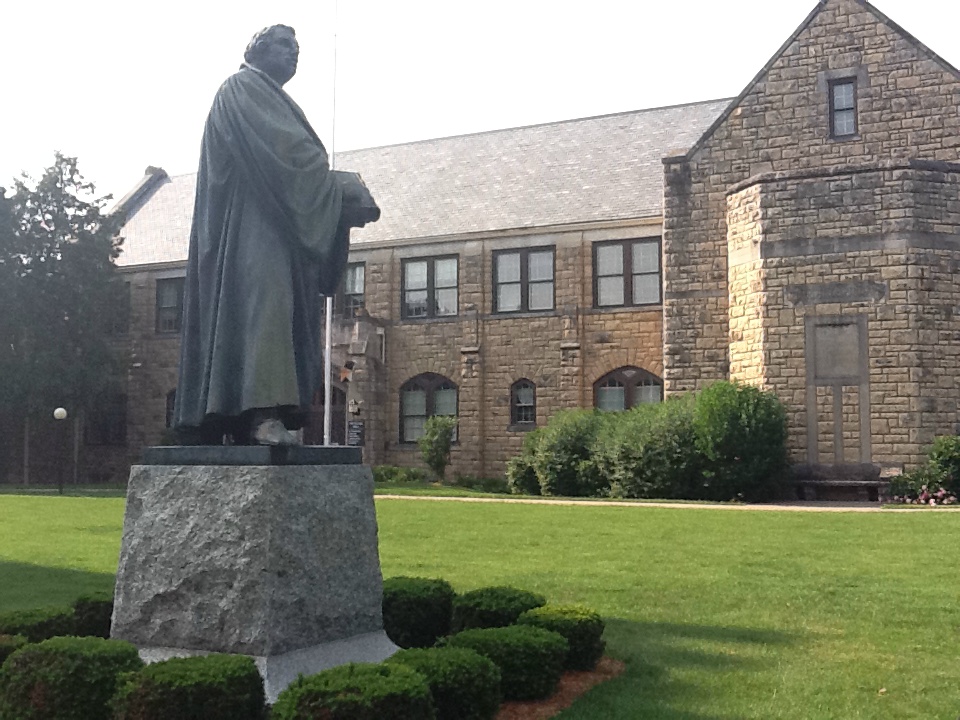Sunday, September 10, 2017 | After Pentecost
Proper 18
Year A
New Testament Romans 13:8–14 (NRSV)
Gospel Matthew 18:15–20 (NRSV)
Click here for an audio only version.
The text version is below the video.
Romans 13:8 (NRSV)
It sums it all up,
8 Owe no one anything, except to love one another; for the one who loves another has fulfilled the law.
Doesn’t this sound a bit familiar? I hope it does, I say it a lot, because it is true.
In John 13:34 (NRSV) Jesus says; I give you a new commandment, that you love one another. Just as I have loved you, you also should love one another.
The Greek word for love here is defined as: “to have love for someone or something, based on sincere appreciation and high regard—‘to love, to regard with affection, loving concern”
The Greek word for love here is the same in John as it is in Romans. Here is something interesting…In the use of love in Romans and in John 13:34, it is a love known as Agape. This is also the same use of love in John 3:16, For God so loved the world…
This love is the highest of unselfish love for another for no gain in return of the love given. Before you can give this type of love, you must know love, not from another or even God but to love yourself, the one that God created just as you are. God creates perfect in all the imperfection. Ask yourself, really contemplate this, Do I Love myself?
So, lets now look at the Matthew text.
This particular passage may seem difficult to digest for some, if not many. What plays into this is the idea of the association to a congregation is a voluntary association of autonomous individuals. Rather than a individuals interconnected to a single body, a family in Christ.
Often people see a congregation differently today than in the past, and especially in this Western culture. We see ourselves as independent, self-relent and having individual authority.
As usual, Jesus flips the worldview upside down. Instead He invites us to see ourselves as dependent, reliant upon others and responsible towards a much larger authority.
You have heard me speak on this text in the past. You have seen this in the newsletter. The council, staff and committees have all been asked to sign a covenant of behavior in dealing with conflict, based upon the Matthew text.
In verse 15, Jesus begins creating a tension for us, if we translate this literately, from the Greek text, it should look differently. I looked at several other translations, most of them translated it closer to the actual Greek text. Where the NRSV uses the word church to represent the body of believers, the Greek actually uses the word brother, which can also be said as brother or sister.
Where is the tension you might be asking yourself? First, we have to ask just who are our brothers and sisters?
From Matthew
Jesus replied, “Who is my mother, and who are my brothers?” From Matthew 12 48b-50 (NRSV) …And pointing to his disciples, he said, “Here are my mother and my brothers! For whoever does the will of my Father in heaven is my brother and sister and mother.”
Anyone who does the will of my father in heaven say Jesus. Hummmmm, what he does not say is, all of the time, some of the time. There is no qualifier to doing the will.
Now it is really going to build, verse 17 of Matthew
if the offender refuses to listen even to the church, let such a one be to you as a Gentile and a tax collector.
Ouch, a Gentile is a non Jew. Guess what folks that is you and me. But also treat as a tax collector. Even today the tax people are not looked upon highly, but they were seen as traitors to the Jews. Doesn’t this sound like the law? Yet in the Romans reading, the law has been if we love the other. Our brothers and sisters, the gentile and the tax collector. How do we then treat someone as a gentile and tax collector, yet love them? Have they not wronged us?
Yet, don’t we wrong Jesus? Don’t we sin against our God?
How about Jesus, what did He do? Take a look at Matt 9:11-13 (NRSV)
11 When the Pharisees saw this, they said to his disciples, “Why does your teacher eat with tax collectors and sinners?”
12 But when he heard this, he said, “Those who are well have no need of a physician, but those who are sick.
13 Go and learn what this means, ‘I desire mercy, not sacrifice.’ For I have come to call not the righteous but sinners.”
Darn it, throw them out of the congregation, right? Or do we love them for the the sake of Christ Jesus? But who did Jesus come to? How about blessing the one that sins against us?
It is when, in love, we go to a brother or sister who has sinned against us, that we can also approach them in honor and acknowledge their honor as we work out the conflict. Maybe, just maybe we can get to the point of offering a blessing to the the other sinner.
In verses 21 through 35, Jesus deals with this in more detail. If we look at these verses…..
Oh, we can’t do that this week, that is next week’s text. I guess you will have to come back next week, for more of the story.
Let me leave you with this comic strip called, Coffee with Jesus.

